Workshop Prompts Dialogue on How to Combat Racism
If a stranger asked you how you felt about benefiting from of the color of your skin, in front of 40 members of your community, including the provost of your university, several deans, an advisor to the school’s president, professors, graduates, and undergraduates, what would you say?
During the last weekend of the winter break in the comforts of Wollman Hall, a workshop designed to combat racism worldwide took place. After a year-and-a-half of funding requests from New School students and student senators to the USS, 40 members of The New School community attended “Undoing Racism”, the signature workshop of the national group, The People’s Institute for Survival and Beyond. The participants were selected after a short application process that looked for a history of involvement in social justice issues. Three members of the New Orleans-based institute—a group founded in 1980 and which has worked in a wide variety of institutions, including prisons and non-profit organizations— came to The New School to facilitate the event on the weekend of January 25th.
With $15,000 in funding from the student senate and Provost Tim Marshall, also an attendee, and support from other administrators and faculty, 40 participants engaged in two- wand-a-half-days, or approximately twenty hours, of revealing dialogue that focused on the issue of race in America’s power structures.
In a room with soothing acoustics and calming views through floor to ceiling windows, the atmosphere of the workshop was far from relaxing, perhaps deliberately so. The People’s Institute uses a process that one of the facilitators of the workshop, Dr. Kimberley Richards, described as “a curriculum that is based on the Socratic approach.” Each participant shared their personal experiences with the many aspects of racism, which lead to rising tensions as students and faculty realized a few things about themselves and their community.
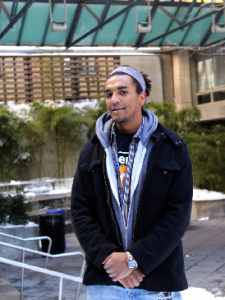
(Henry Miller)
Days later, several participants who agreed to be interviewed remained emotional, largely due to realizing their community’s lack of understanding and appreciation of the history of race relations in the United States. “If you’re sharing very painful stories, and you are talking about a very painful history, the history of the US, about race-making, and of these really institutionalized oppressions, as we are talking about them, even academically, it is painful,” said Havanna Fisher Newby, a graduate student at Parsons.
In order to present this history in a more personal way, the workshop examined how each participant has struggled, suffered or benefited from the racial segregation of American institutions. “That was determined, not by your life… if you grew up poor or rich or which class, it was very much a race based kind of frame, because they’re looking at it very systemically,” said Provost Marshall, whose office provided one-third of the funding to bring the workshop to The New School.
Sydney Kopp-Richardson, a recent New School alumna who was one of the first people to advocate the workshop visiting the campus and now works as a coordinator for the Social Justice Initiative, was satisfied with the experience. “We need to acknowledge that it is not comfortable,” said Kopp-Richardson of the conversation towards structural segregation, “and that is part of the process.” One source of the uneasiness was the discussion of white privilege, including a focus on policies such as the NYPD’s Stop and Frisk, which is now facing legal challenges, as examples of how white privilege can be seen in the legal structures of the US.
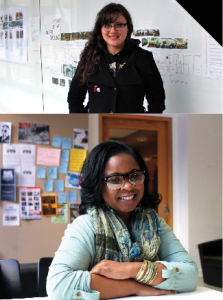
Media student Jillian White, who also works as a student organizer for The New School’s social justice initiative, left the workshop feeling frustrated. “I was shocked to learn about the lack of knowledge that was in the room,” said White. “Many people were not aware of race laws and racial history in the U.S.” Like other participants interviewed, White felt a lack of resolution as the workshop culminated. “It was kind of hard because, in some ways, I felt held back, as a person of color and someone who has this knowledge.”
Rashid Owoyele, a student senator who helped bring the workshop to the school, was not certain of what exercises to expect. The People’s Institute is very careful not to share many details of what happens inside the workshop, but the aims of the workshop are listed on the website and focus on understanding the historical context of racism and community organizing. After the workshop, Owoyele felt “that there is not a sense of resolution with this, that this is really a first step, and perhaps a baby step,” adding, “If people expect one workshop to solve this problem, then their expectations need to be reoriented.”
Detractors of the workshop were concerned over its seemingly small size, as racism is an issue that many wish had more room for discussion at The New School, including students who made the proposal.“The drawback with The People’s Institute is that we can only train so many people for a certain price” said Owoyele. None of the participants interviewed felt that the workshop was too small for the material that was covered in the way it was.
When asked if The New School would be able to sponsor this kind of conversation without The People’s Institute, Owoyele said, “I think there are opportunities for us to continue this work, but I still find value in the training the People’s Institute provides.”
Although not directly involved in these debates last year, Provost Marshall felt that the supporters and detractors should, “stop debating it in the abstract, do it, and then we can assess whether it is something we would want to repeat.” He decided to pitch in $5,000 of the $15,000 price tag from his office after meeting with the founder of The People’s Institute, Ron Chisom, last spring.
It is uncertain whether the New Orleans facilitators will be returning to The New School. A meeting is expected in the upcoming weeks for participants to reflect on the experience and discuss the possibility. Provost Marshall is waiting to hear from the participant’s response to decide on helping bring the workshop back. “If the Student Union said ‘we feel like there’s a strong community here and we feel this has brought us forward, and the student body has brought us to do this again’, I think I would find the $5,000 to do it,” Provost Marshall said, referencing his $5,000 contribution to the first visit.
“So many places like The New School will have all kinds of language in their mission statement: that ‘we value diversity,’ that ‘we want to work in accountable ways with the community’ but don’t really have a mechanism. They will have a lot of progressive language, but don’t have concrete strategies to make that happen,” said Richardson.
Kopp-Richardson noted that diversity rankings of a university, which are very high for The New School on websites such as College Prowler and publications such as The Princeton Review, are a deflection from issues of social justice, and The New School is no exception. “It is critical that our leftist institutions confront this work in this way, because otherwise we are using our legacy and our history as a deflection from the real issues of racism that we are all participating in.”
With reporting by Niko Nelson and Charlotte Woods


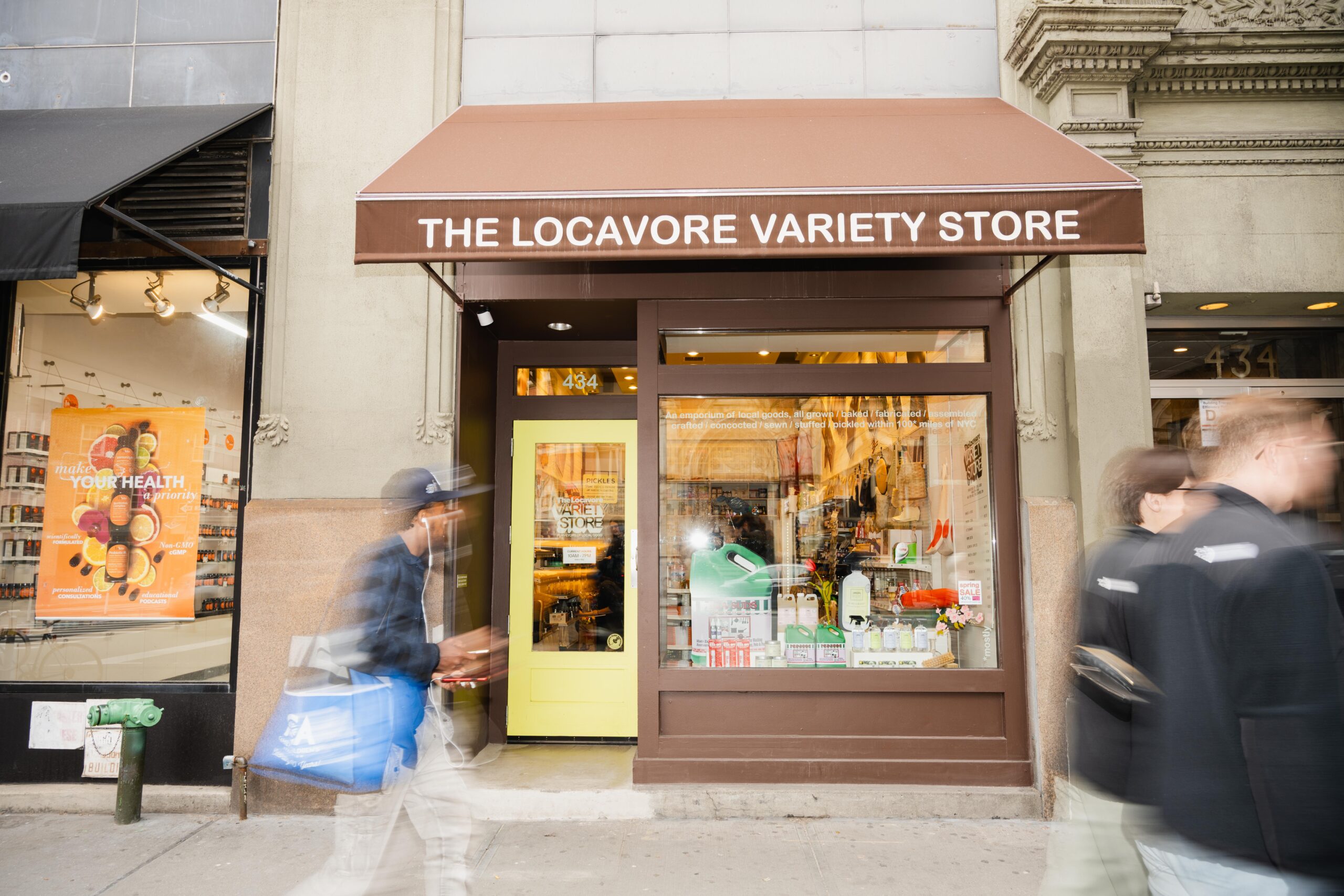
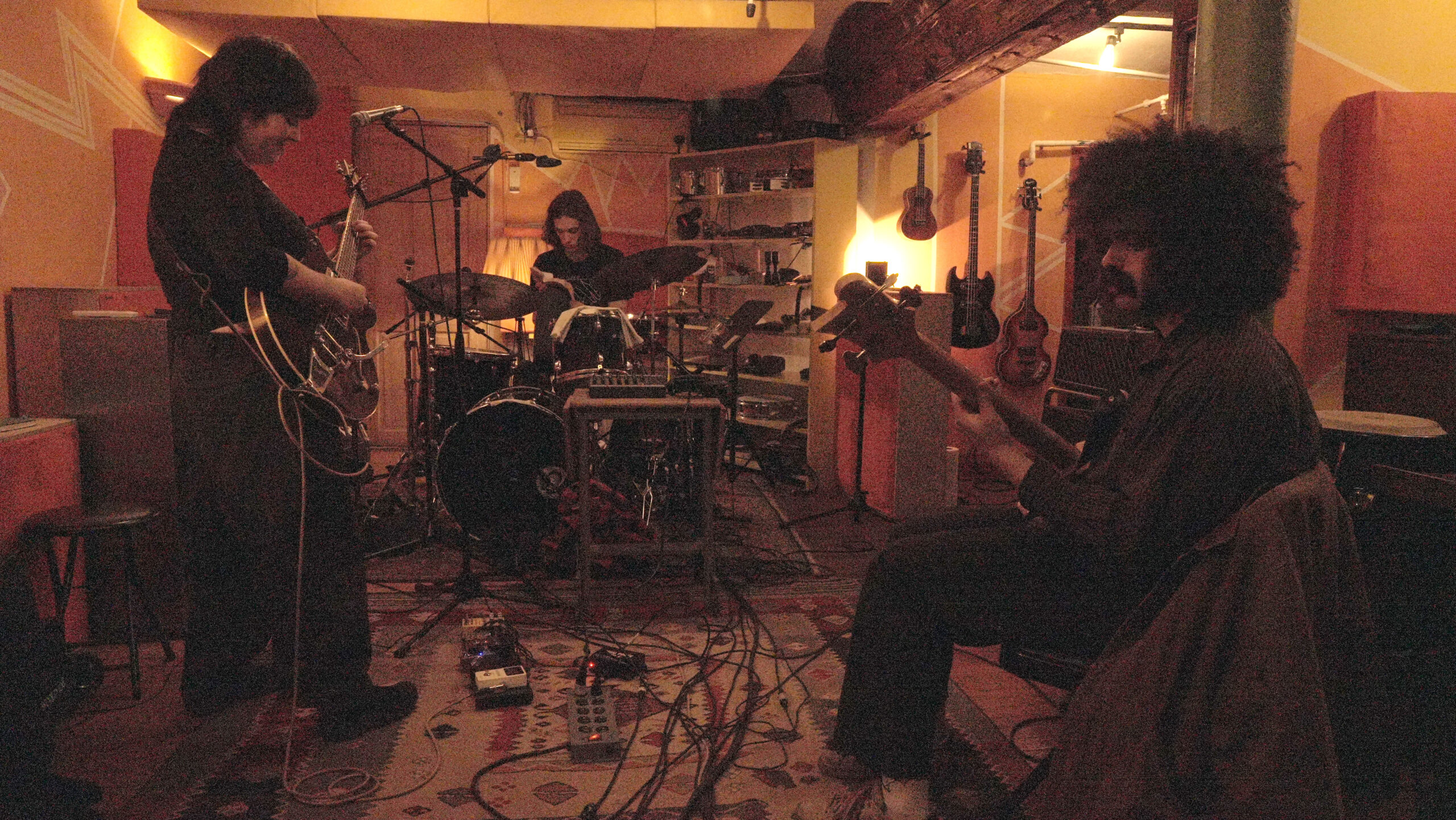
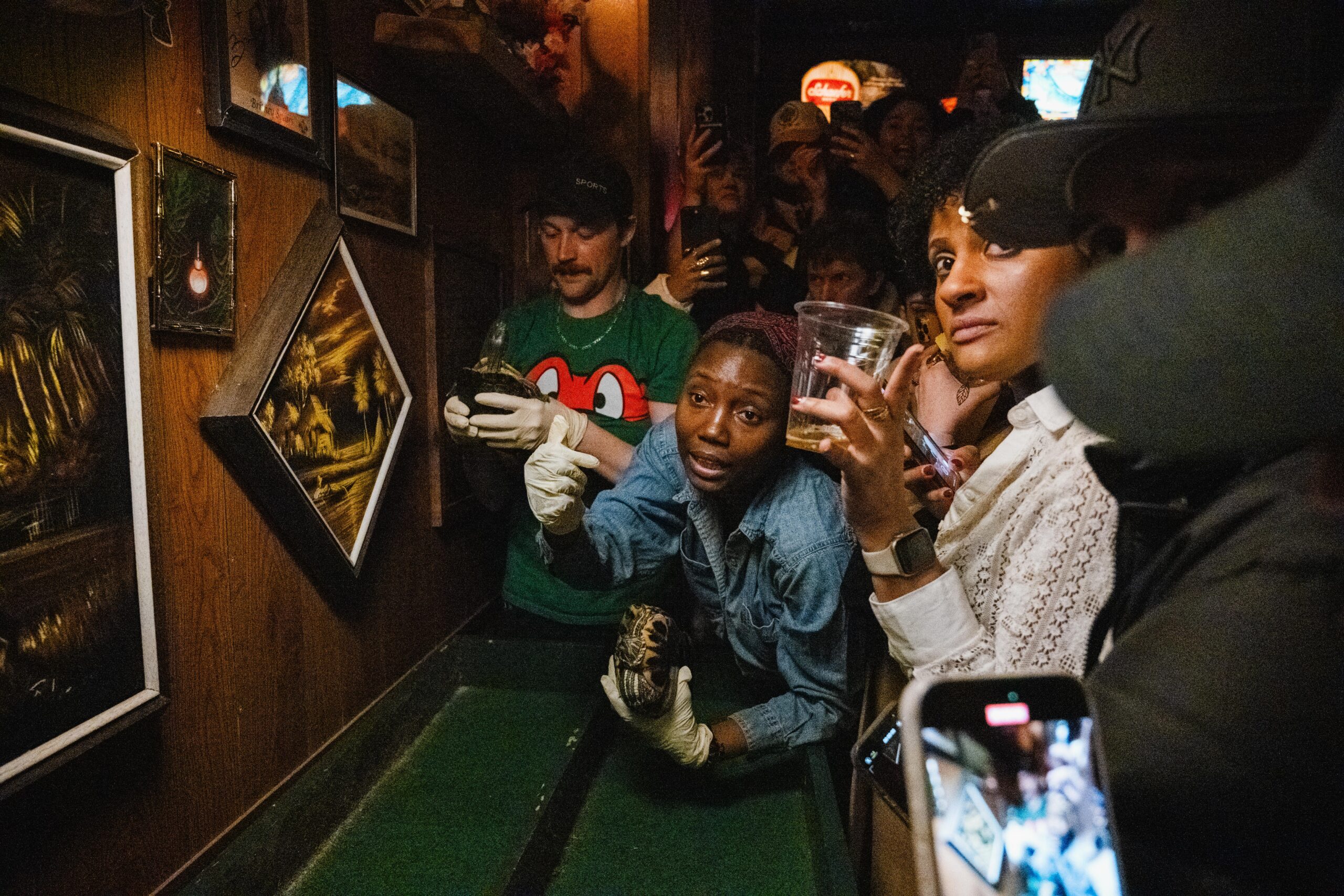
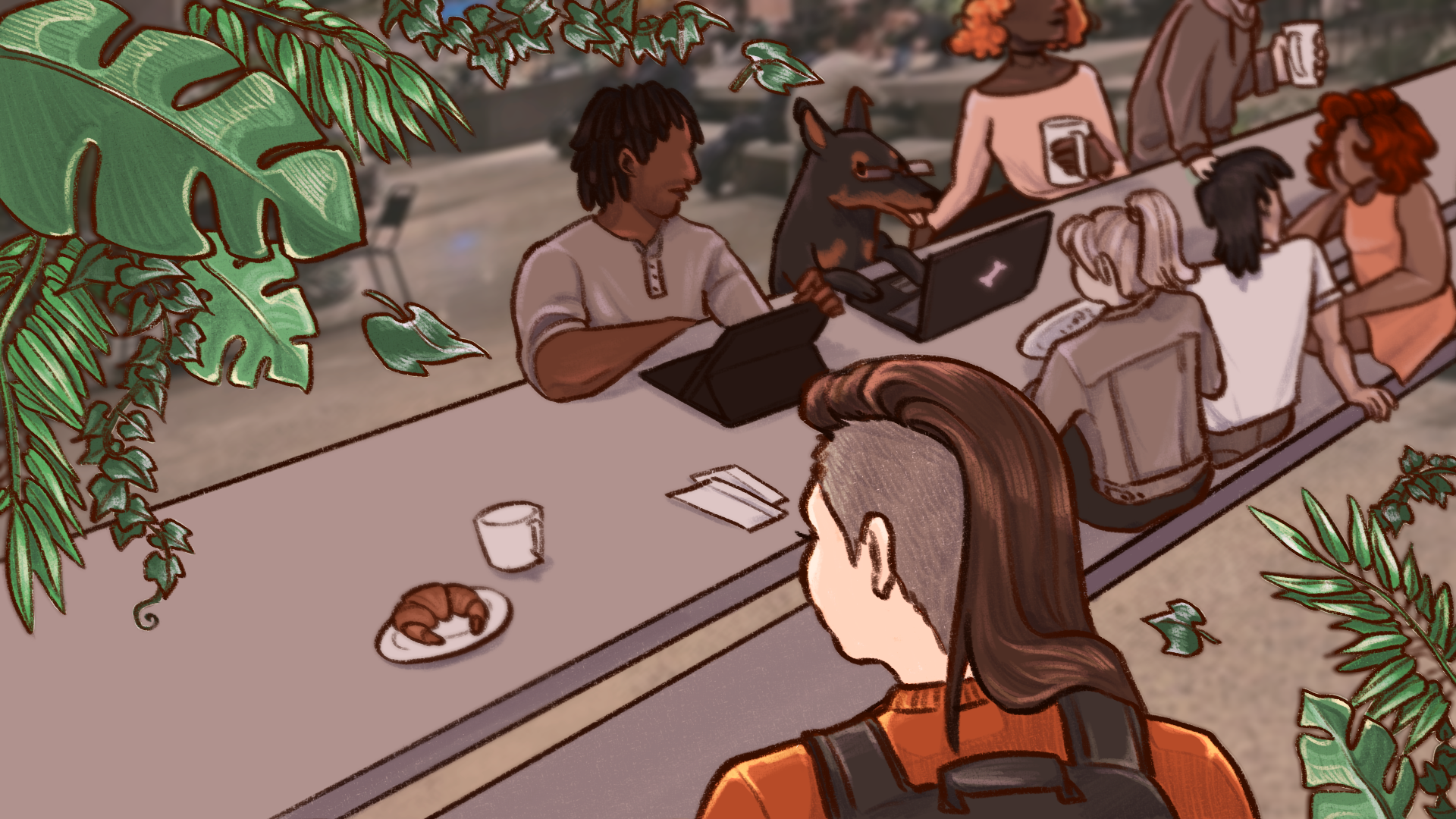


Leave a Reply